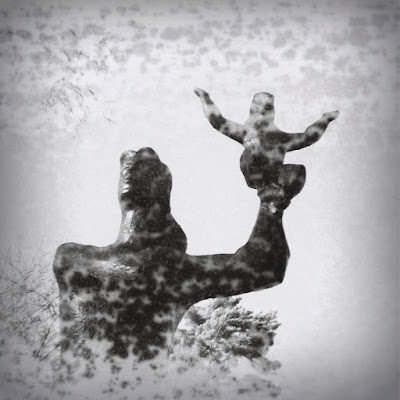"The Sopranos," considered by many to be one of the best television shows ever made is celebrating its 25th anniversary. The (surviving) cast and crew met in an Italian restaurant in Little Italy recently for drinks and dinner. The restaurant served "Carmela's Baked Ziti."
When the show was first broadcast, I watched every episode. I later bought a boxed set of DVDs and we're working our way through it again. The show holds up.
This is a hill I will die on -- Tony Soprano was the most fascinating character in TV history. Superbly portrayed by James Gandolfini, Tony contained the full range of human emotions and had real gravitas. Or, as the kids say today, rizz. Incredible writing filled Tony with unexpected dimension and Gandolfini's consummate skill conveys it through his face and body. Never has an actor been so perfect for a role.
I've mentioned this before but it's so significant I'll repeat it: one of the highlights of my life was seeing James Gandolfini, after the show ended, perform live on Broadway. I got second row seats and we were only ten feet away from this acting giant. He loved the role (and had a big hand in producing the play, an import from England). Seeing him happy was deeply joyful, especially in light of his later premature end.














